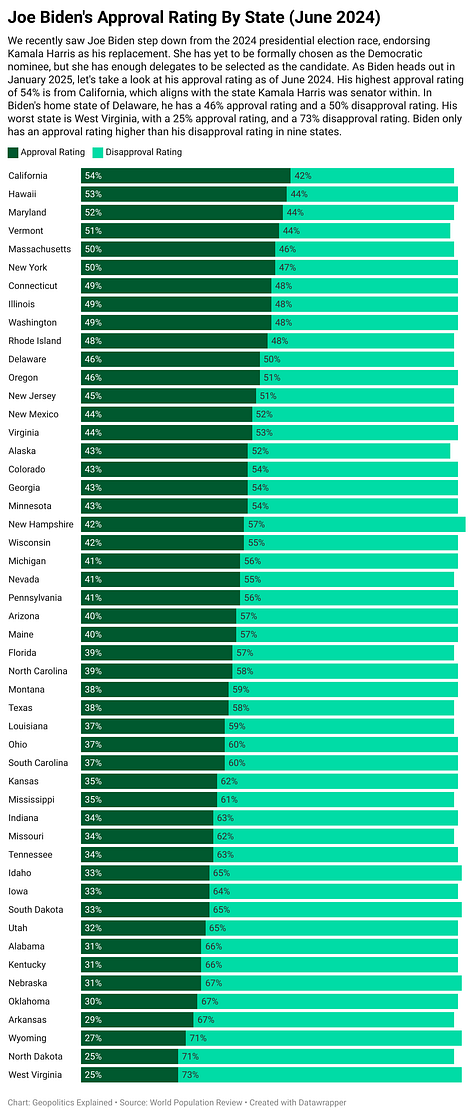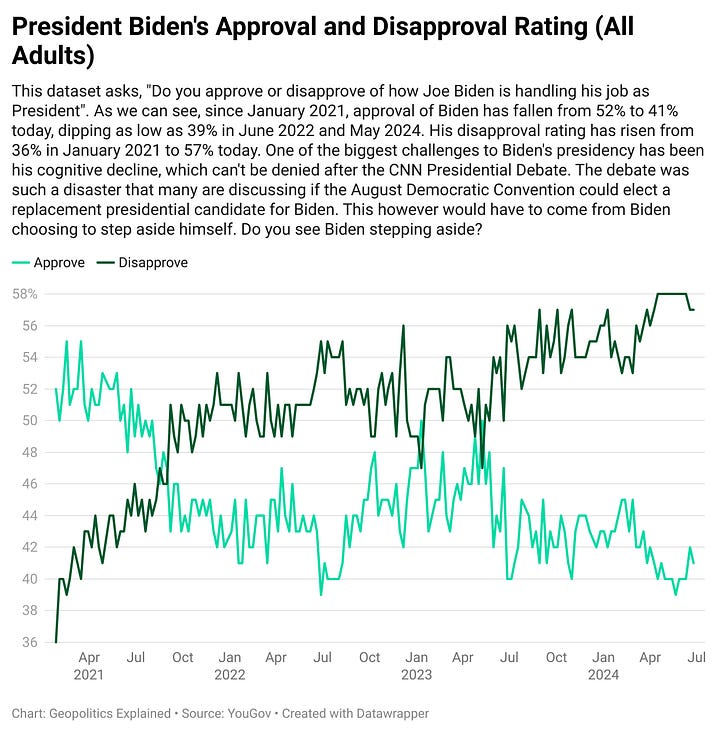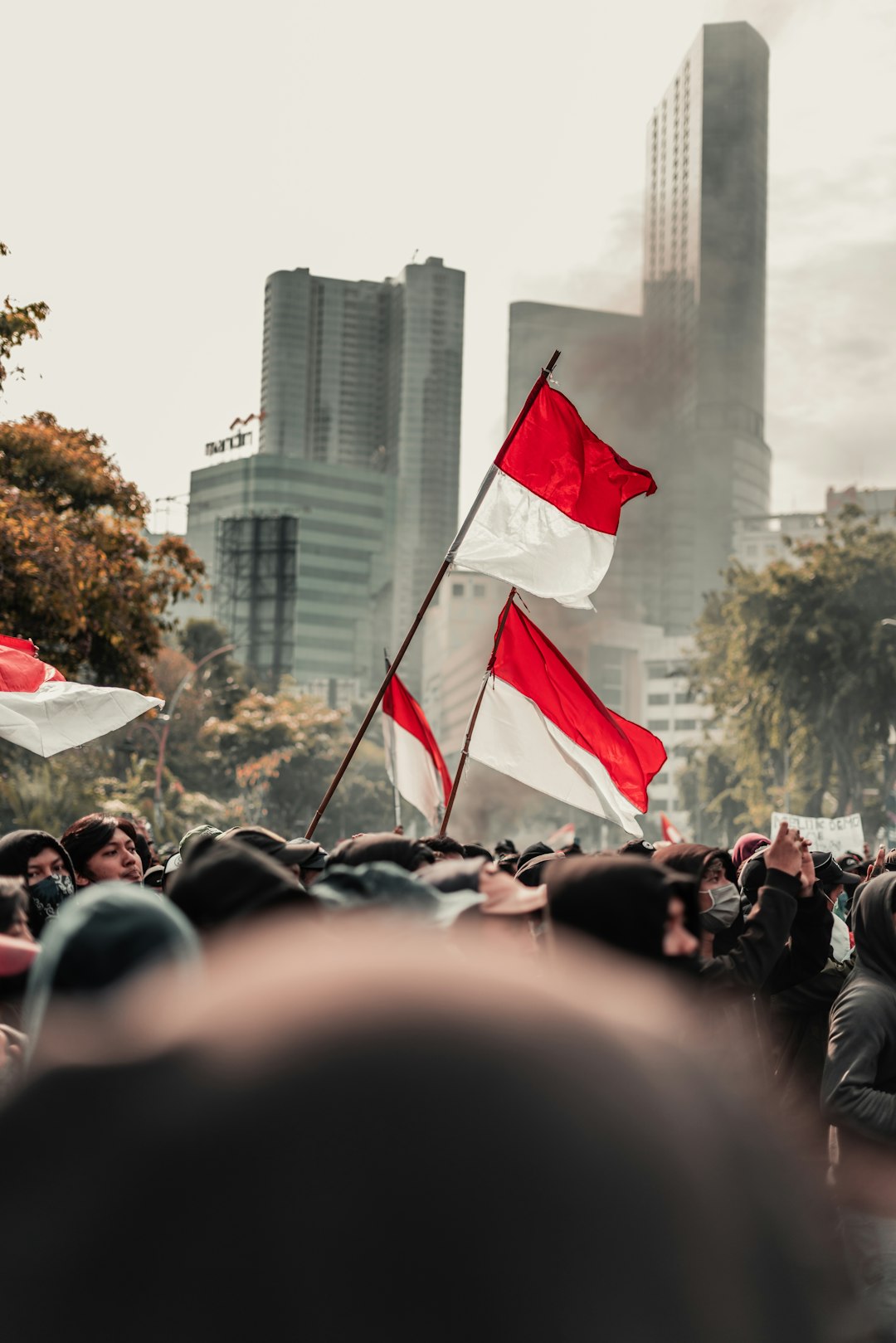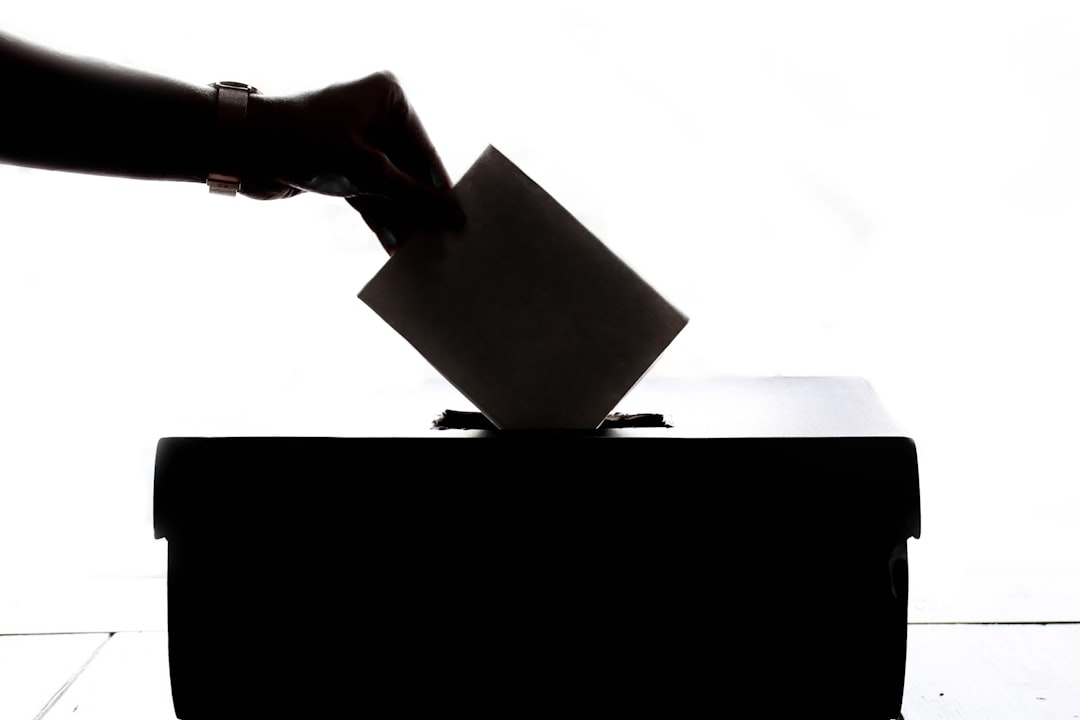2024 Election Tracker
Contents
2023:
November 2023- The Netherlands, Argentina
December 2023- Serbia, Egypt, Democratic Republic of the Congo (DRC)
2024:
January:
7th January - Bangladesh Election
13th January - Taiwanese Election
February:
4th February - El Salvadoran Election
7th February - Azerbaijani Election
8th February - Pakistani Election
11th February - Finnish Election
14th February - Indonesian Election
25th February - Belarusian Election
March:
10th March - Portuguese Election
17th March - Russian Election
24th March - Senegalese Election
April:
4th April - Kuwaiti Election
6th April - Slovakian Election
10th April - South Korean Election
17th April - Croatian Election
17th April - Solomon Islands Election
21st April - Maldives Election
May:
5th May - Panama Election
6th May - Chad Election
8th May - North Macedonia Election
26th May - Lithuania Election
29th May - South Africa Election
29th May - Madagascar Election
June:
1st June - Iceland Election
2nd June - Mexican Election
4th June - Indian Election
9th June - European Union Election
9th June - Belgian Election
9th June - Bulgarian Election
9th June - San Marino Election
29th June - Mauritania Election
July:
4th July - UK Election
5th July - Iran Election
7th July - French Election
15th July - Syrian Election
15th July - Rwanda Election
28th July - Venezuelan Election
August:
19th August - Kiribati Election
September:
1st September - Azerbaijani Election
7th September - Algeria Election
21st September - Sri Lanka Election
29th September - Austrian Election
October:
6th October - Tunisian Election
7th October - Ethiopian Election
9th October - Mozambican Election
25th October - Kiribati Election
26th October - Georgian Election
27th October - Japanese Election
27th October - Lithuanian Election
27th October - Uruguayan Election
27th October - Uzbek Election
30th October - Botswana Election
November:
3rd November - Moldovan Election
5th November - United States Election
10th November - Mauritius Election
13th November - Somaliland Election
14th November - Sri Lankan ELection
17th November - Senegalese Election
24th November - Romanian Election (Nullified)
24th November - Uruguayan Election
29th November - Irish Election
30th November - Namibian Election
30th November - Icelandic Election
December:
6th December - Aruba Election
7th December - Ghana Election
14th December - Georgian Election
29th December - Chad Election
Blogs on Elections:
Geopolitics Review – 22nd July 2024
Contents Introduction The New Cabinet The First Days and Weeks The Kings Speech Starmer On The Global Stage Looking Forward Concluding Remarks
Geopolitics Review - 15th July 2024
Contents Introduction Reflection On The Election Global Voting Systems Concluding Remarks
France Makes Geopolitical Moves
Today, Dylan dives into a country that stole many headlines in the last month: France. From the flags of Azerbaijan being waved in the French overseas territory of New Caledonia, to a more active involvement in Ukraine, to providing Armenia with weapons and Macron calling snap legislative elections. What is going on and how does it all connect? I break …
Geopolitics and Markets Review – 3rd June 2024
Contents Introduction Labour Policies Conservative Policies Landscape In The UK Concluding Remarks Other News In Geopolitics This Week
The Trump Ballot Battle In Colorado and Maine
Today, Dylan discusses the attempts by the states of Colorado and Maine to exclude Donald Trump from their presidential candidacy ballots, and the recent unanimous decision against these attempts by the United States Supreme Court.
Geopolitics and Markets Review – 15th January 2024
Contents Introduction More 2024 Elections – Iran, Mexico, El Salvador Concluding Remarks Other News
Geopolitics and Markets Review – 8th January 2024
Contents Introduction Key Elections - Russia, India, Indonesia Concluding Remarks Other News
Geopolitics and Markets Review – 1st January 2024
Contents Introduction Looking Ahead To 2024 A Year of Elections Concluding Remarks Other News
Datasets on Elections:







Bangladesh Election
This election led to the fourth term in a row of Bangladesh Prime Minister Sheikh Hasina. The party of Hasina, the Awami League and their close allies won 225 of 300 seats in parliament.
In a trend we’re seeing globally, many opposition leaders of the Bangladesh Nationalist Party were arrested before the election. A second trend is low voter turnout, with only 40% estimated to have voted in the election.
The general population don’t feel represented by their leadership, so why vote at all, especially if these leaders are so power-hungry and greedy that they cling to power through nefarious means? The rise in inequality, the rise in the cost of living, and COVID have reduced trust in those in power. This is occurring at the same time that many states are seeing elevated levels of internal political tension. Those in power want to maintain it to continue to take their country in the direction they see fit. If they are ousted from a position, their next chance to rule their country could see them, and the world, in an entirely different landscape.
In a sentence, we have weak leaders. The best leaders are those who don’t want the power. The current batch of leaders around the world, not all but many of them, seek power. They prioritize their self-interest, regardless of who suffers. Eventually, however, these weak leaders and the difficult times they create lead to a hardened younger generation. Once this generation reaches adulthood, these strong leaders contribute to a new era of prosperity. But we’re not there yet.
This is Hasina’s fifth term as Prime Minister, first arising to the role in 1996, before re-election in 2009.

Bangladesh: Elections, Protests, and Coups?
Today, Dylan covers what has been happening in Bangladesh. In January 2024, Sheikh Hasina of the Awami League won a fourth consecutive term. Soon after, protests erupted and in August, Hasina resigned and fled the country. With politics in Bangladesh now up in the air, where are we heading next?





















